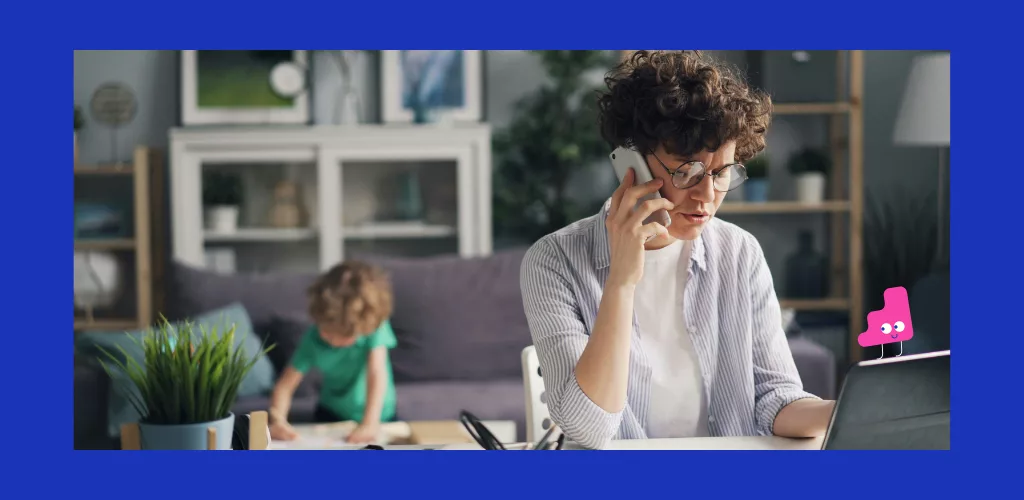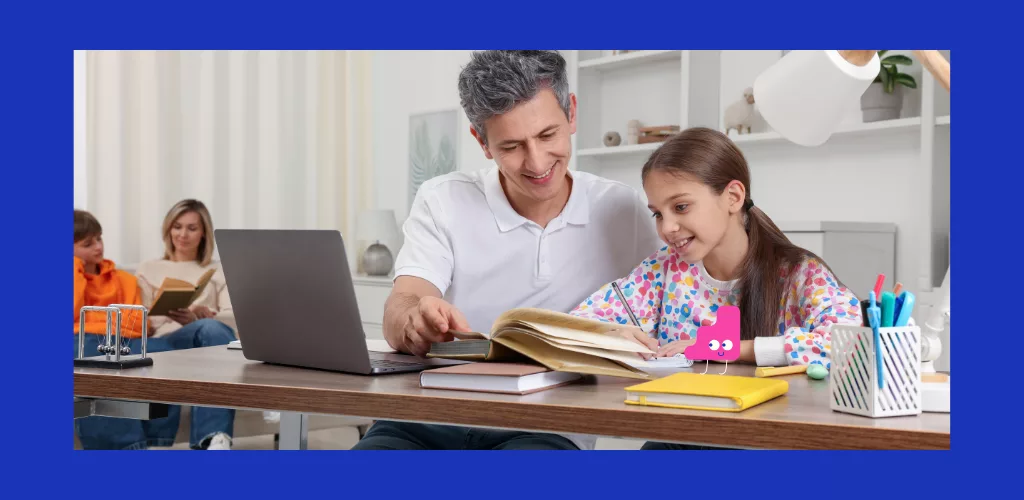Separated parents: supporting children and building serene co-parenthood
The separation of a couple is often experienced as an emotional earthquake. And when you're a parent, this upheaval takes on an extra dimension. Because beyond the personal wounds, one priority remains: preserving the children, offering them a stable emotional framework, and enabling them to continue to grow up in a climate of trust.
But how do you achieve this when you become separated parents? How do you continue to form a team, despite tensions, legal decisions and raw emotions? This article shows you how to understand what your children are going through, avoid the most common pitfalls and lay the foundations for peaceful co-parenting.
What a child goes through when his parents separate
A break in balance, even in "successful" separations
For a child, even a separation without shouting or apparent conflict is still a shock. It's a profound change of reference points: from a single home to two living environments, from a stable daily routine to a different, sometimes blurred organization. And even if he doesn't understand everything, he feels things: the heavy silences, the tensions, the unspoken words.
Many children ask themselves questions without daring to say them:
"Is it my fault?"
"Will they get back together?"
"Do I have to choose between Mom and Dad?"
These doubts can lead to guilt,anxiety and a deep sense of emotional insecurity.
The fundamental need for emotional security
In the face of these upheavals, children have one overriding need: to feel that, despite everything, their parents' love remains intact. It's not the family structure that makes them feel secure, but the quality of the bond with each parent.
They need :
-
A stable relationship with their mother and father
-
An honest, age-appropriate explanation
-
A space to express their feelings, without judgment
5 keys to preserving children's equilibrium after separation
1. Remaining a parental team, even when separated
Just because we're no longer a couple doesn't mean we've ceased to be a team. Being separated parents means accepting a new form of collaboration, centered on the child.
This requires :
-
Recognizing ourselves as co-educators
-
Communicate with respect, even if the relationship is strained
-
Find tools for calm exchanges: shared notebook, co-parenting application, dedicated email...
The important thing is not to agree on everything, but to show the child that he can continue to count on two committed adults at his side.
2. Tell the truth, in age-appropriate words
Children don't need intimate details, but they do need to understand what's going on. Telling them the truth in simple words makes them feel valued and reassured.
You can tell him:
"It's not your fault. These are grown-up things."
"We don't live together anymore, but we still love you just as much, both of us."
"You'll always be able to talk about how you feel, to both of us."
And if words aren't enough, children's books, drawings or symbolic games can be invaluable allies in helping her make sense of her emotions.
3. Don't let her bear the brunt of the conflict
When a couple separates, it's easy - and sometimes unconscious - to slip the child between the lines of tension. But they must never become messengers, referees or confidants.
A child should not :
-
Conveying messages between parents
-
Witnessing arguments or criticism
-
Having to choose a "side" or feeling he's betraying one if he spends time with the other
His role is simple: to be a child, not a mediator.
4. Maintain stable reference points
In today's hectic world, landmarks are an essential compass. Maintaining certain routines - even if they differ from one household to the next - contributes to inner security.
Here are a few tips:
-
Keep similar meal and bedtimes
-
Allow transitional objects (cuddly toys, stuffed animals, photos)
-
Display a visual calendar so children know where they'll be and when.
The objective is not rigidity, but predictability.
5. Welcome your emotions, without minimizing them
A child may cry at one, laugh at another, shut down, then explode with joy: these emotional comings and goings are normal. The important thing is to offer him a space where he can feel everything, without having to censor himself.
You can tell him:
"You have the right to be sad, or angry."
"You can love Mommy and Daddy at the same time, even if we don't live together anymore."
Empathic listening is a real emotional band-aid.
What to do in the event of a conflict or difficult situation?
When communication breaks down
Sometimes, the relationship between the parents is too strained to allow direct dialogue. In such cases, there are ways of preserving co-parenting in spite of everything:
-
Use a neutral communication application
-
Working with an accredited family mediator
-
Avoid on-the-spot exchanges and prefer written documents
The important thing is to protect the child from these tensions as much as possible.
If the child expresses discomfort
There are a number of warning signs:
-
Sleep disorders or regressions
-
Difficulties at school
-
Withdrawal, aggressiveness or worrying phrases: "I don't want to go to Mom/Dad's anymore", "I want you to get back together".
In that case, don't wait. Call on :
-
A child psychologist
-
Family mediation
-
Parental support services (CAF, local associations...)
Alternating residence: miracle solution or false friend?
Alternating residence can work wonders... or not at all. It's not the system that counts, but the way it's lived.
For this to work, you need :
-
A good logistical agreement
-
Geographical proximity
-
Ability to communicate the child's needs
The key is always the same: the child's emotional well-being, above and beyond the legal framework.
In conclusion: a separation is not a failure if the child remains at the center.
Being separated parents doesn't mean giving up on being a family. It's simply a change of form, with the child at the heart of this new dynamic. Even if the path is sometimes difficult, every gesture, every kind word, can make a big difference.
Children don't need perfect parents. They need parents who are loving, present and able to cooperate, even when separated. And that's within our reach.
🎧 Going further :
For more tips and practical advice on supporting children after separation, listen to or watch the full podcast episode Generation Parents.




0 comments